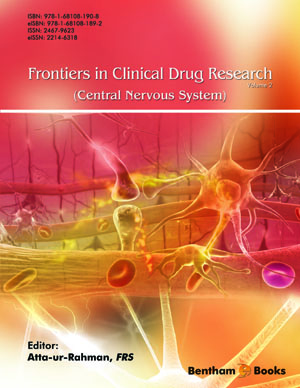Abstract
Recent clinical trials indicate the importance of the agonists at the alpha 7 nicotinic receptor (a7nAChR) in the modulation of cognitive deficits in both Alzheimer's disease and schizophrenia. Such benefits have been modelled on the effects of the a7nAChR agonists in neurons. However, it is of note that the a7nAChR is also a powerful immune and glia regulator, suggesting that some of a7nAChR agonist benefits may be mediated by the suppression of immune and glia reactivity, which is in line with more recent conceptualizations of these disorders that have emphasized the role of these cells. Notably, melatonin, also efficacious across an array of medical conditions, is a significant regulator of a7nAChR levels and activity, with the a7nAChR mediating many of the beneficial effects of melatonin, including in the regulation of mitochondrial functioning.
This chapter focuses on the wide-ranging benefits that may arise from melatonin interactions with the a7nAChR, especially as to how such interactions may impact on the cellular mechanisms of an array of medical conditions. Such interactions are likely to have relevance across a host of neurodegenerative and psychiatric conditions.






















